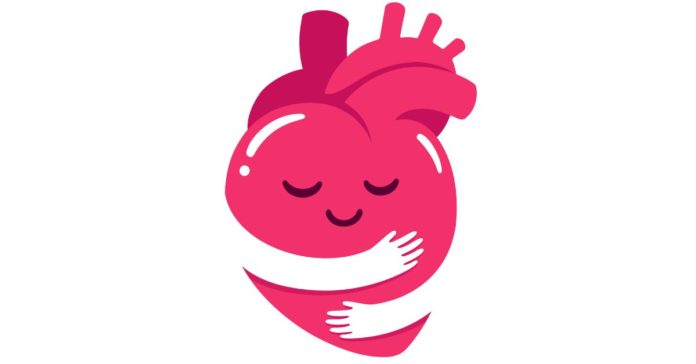Cardiac Rehabilitation helps to heal.
Cardiac Rehabilitation is a personalized program that helps patients reduce and manage their symptoms while improving their quality of life. You may be referred for cardiac Rehabilitation if you have recently had a heart attack or chronic or acute heart disease. This program includes exercise counselling, stress reduction advice, education for heart-healthy living, nutritional guidance, and a smoking cessation strategy. Early recovery is aided by comprehensive treatment and lifestyle changes, which allow patients to regain independence and normalcy.
Who Can Benefit from Cardiac Rehabilitation Program?
You may benefit from cardiac rehab if your medical history includes the following:
- Heart attack
- Coronary artery disease
- Heart failure
- Peripheral artery disease
- Chest pain (angina)
- Cardiomyopathy
- Certain congenital heart diseases
- Coronary artery bypass surgery
- Angioplasty and stents
- Heart or lung transplant
- Heart valve repair or replacement
- Pulmonary hypertension
A cardiac rehabilitation programme will most likely go through four main phases:
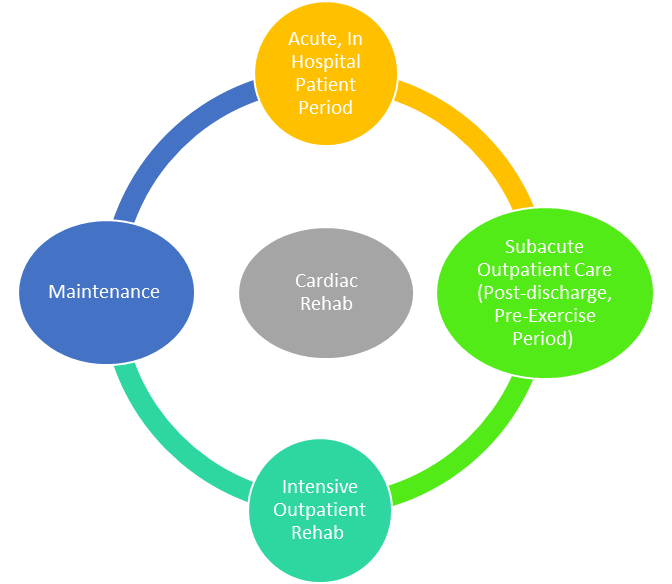
Phase 1: Acute phase in the hospital
Patients with acute cardiac diseases, e.g., those recovering from heart surgery or a heart attack, may be referred to a cardiac rehabilitation team while still in the hospital. Depending on your physical condition, this stage will likely last between 2 and 5 days. The primary goal of the first phase of cardiac Rehabilitation is to enable you to return home from the hospital as quickly and safely as possible. They work with doctors, nurses, physical therapists, or other specialists to create a safe and appropriate discharge plan.
By the end of this phase, you should have the following:
- A safe, limited exercise plan to follow at home.
- A clear understanding of your condition and your cardiac rehabilitation program
- Knowledge about self-care for your surgical site (if you have had open heart surgery)
- An assistive device such as a cane or walker,
- Access to home oxygen therapy if needed,
At the end of Phase 1, you should have recovered sufficiently to return home and begin Phase 2 of cardiac Rehabilitation.
Phase 2: Subacute Outpatient Care (Post-discharge, Pre-Exercise Period)
Phase 2 occurs at an outpatient care facility after you leave the hospital. Between three and six weeks will pass during this second phase.
The primary objective of Phase 2 is to reinforce what you learned in Phase 1 and ensure that you have retained all new information. In addition, you shall be monitored as you begin your exercise program and make any necessary lifestyle adjustments.
The second important part of cardiac rehab is helping you become more independent and knowledgeable. You should learn how to self-monitor your heart rate and exertion levels during exercise. The primary objective is to enable you to enter Phase 3 and increase your level of independence.
Phase 3: Comprehensive cardiac Rehabilitation
If you have had a severe cardiac event, surgery, or intensive outpatient rehabilitation, you may need to complete phases 1 and 2. Phase 3 may be initiated immediately in some patients with less severe cardiac conditions. Phase 3 introduces more independent exercises and self-monitoring, while Phase 2 is geared toward patients still severely affected by their heart condition.
Phase 4: Maintenance:
You should clearly understand your heart condition and the best way to manage it if you have completed the previous three stages of cardiac Rehabilitation. Phase 4 continues throughout your entire life. Phase 4 is to keep the lifestyle changes you started in Phase 3 going, continue your exercise routine, stop smoking, eat well, and control your stress.
What Helps Cardiac Rehabilitation?
Your health will benefit short-term and long-term from a cardiac rehabilitation program, including:
- Rebuilding your body and heart after a heart attack
- Relieving heart-related symptoms like chest pain.
- Developing healthier habits like exercising, quitting smoking, and eating heart-healthy foods
- You might be able to learn how to cook and recognize heart-healthy foods from a nutritionist.
- Using techniques like meditation, hobbies, and therapy to reduce stress.
- Making you feel better. After a heart attack, people frequently experience depression.
- Increasing your strength and energy so you can easily get through your day.
- Using calendars, pill boxes, and other reminders to help you take your medication
What exactly is cardiac Rehabilitation?
Cardiac Rehabilitation can begin while you are still in the hospital or as an outpatient, depending on your heart condition. But first, you will go through a thorough evaluation to find out how your heart and overall health are right now, as well as any other conditions that could affect your recovery, your personal goals and needs, and your current level of physical fitness, before beginning a cardiac rehab program. Then, your doctor and treatment team will develop an individual rehabilitation program to assist you in starting your journey toward better health.
Physical therapists, nutritionists, cardiologists, mental health specialists, and specialists in other specialties may all be on your rehab team. There are three main components to cardiac Rehabilitation:
- • Patient Education
- • Physical activity
- • Stress management
Cardiac Rehabilitation can be challenging because it can be hard to take on new challenges and learn new skills when you are ill. However, in the long run, it may significantly impact your overall health. A program for cardiac Rehabilitation has the potential to treat:
- Your heart,
- Your body,
- Your mood, and
- Your lifestyle.
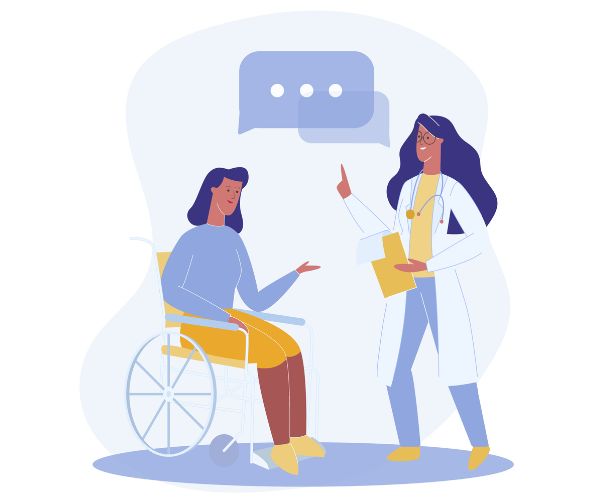
The significance of patient education for cardiac rehab:
A crucial aspect of cardiac Rehabilitation is patient education. During your cardiac rehab program, you will get training, guidance, counselling, and information that will help you live a more heart-healthy lifestyle, manage your condition and feel confident in your ability to take care of yourself. During cardiac rehab, what you learn can save your life. After completing your rehabilitation program, the educational component aims to give you the confidence to take care of yourself.
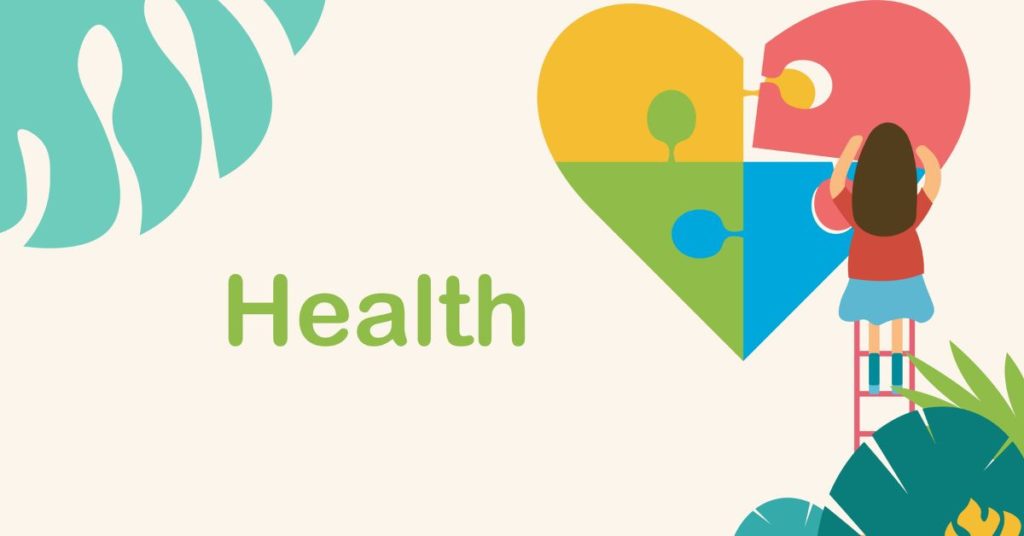
Education for Patients during Rehab:
What to expect?
During rehab, you will receive instruction in a variety of subjects aimed at enhancing your heart’s health over the long term:
Exercise training:
You will participate in a supervised, individualized exercise training program during Rehabilitation. The exercise component of your cardiac rehabilitation program aims to improve your physical well-being safely. The goal is to show you how to incorporate exercise into your daily routine without straining your heart too much.
Aerobic exercise and resistance training are likely part of your exercise regimen. You can start by sitting up and getting out of bed or gradually move on to walking, climbing stairs, or riding a stationary bike, depending on your fitness level.
Resistance training activities include lifting yourself out of a chair and using hand weights or resistance bands to increase overall strength and muscle tone. You will become more comfortable exercising independently and will be encouraged to keep track of your heart rate over time.
You will gain strength and mobility right away from this program, but that isn’t the only benefit; you will be encouraged to monitor your responses to exercise, such as your heart rate and blood pressure, by your physical therapist. By the program’s end, you should have learned how to exercise safely and improve your heart health.
Medication guidance:
Your healthcare team will give you all the information you need to manage your medications during your rehab program properly. They will also teach you how to use any medical devices you might need, like a walker or oxygen therapy. By the end of rehab, you should be confident that you can manage your condition with minimal medical supervision.
Training in stress management:
Cardiac rehab programs place a strong emphasis on stress management. This part of your rehab program aims to help you manage your stress better. Heart disease can be highly traumatizing, especially after an acute event like a heart attack. Therefore, reducing anxiety to a minimum is essential for heart health.
Stress and anxiety are also linked to many heart conditions; if you don’t control your anxiety, it could worsen your symptoms. Consequently, working with a therapist or other mental health professionals during Rehabilitation may be beneficial. You might learn new ways of thinking, meditation, or breathing techniques that will help you feel less stressed or anxious in the future. You might also get advice on changing your lifestyle to make your future healthier and less stressful.
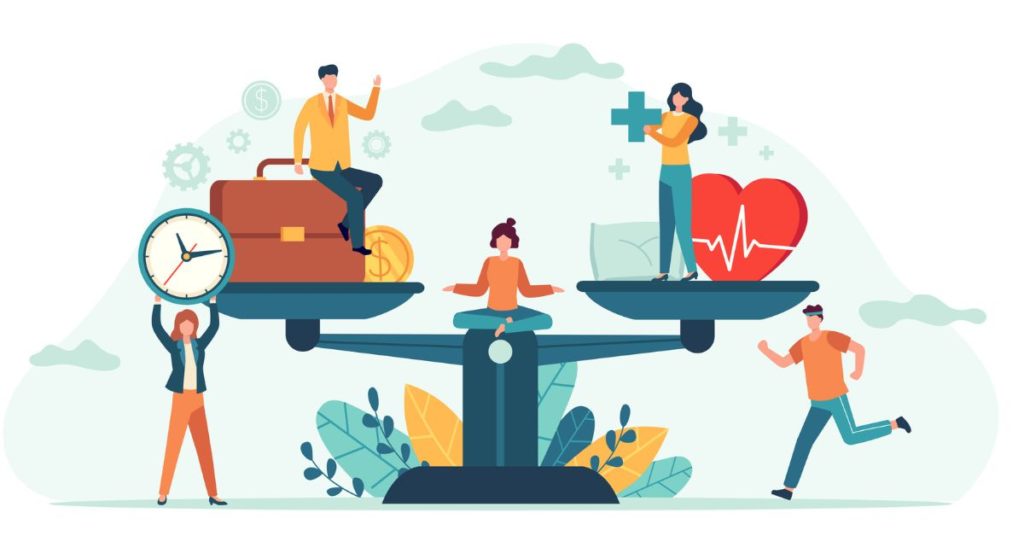
Changes to your lifestyle:
During cardiac rehab, you will not only learn the necessary changes to your lifestyle to improve your quality of life and heart health; Additionally, you will receive the education you need to make those changes last. For instance, many rehab programs provide instructions on how to successfully quit smoking, incorporate exercise into your daily routine, and eat a healthy diet after you leave the program.
Dietary counseling:
A professional nutritionist will be a part of most cardiac rehab programs. They will help you create a diet plan that helps you in weight loss, lowering your cholesterol, and change unhealthy eating habits. To live a heart-healthy lifestyle, you must learn about good food choices.
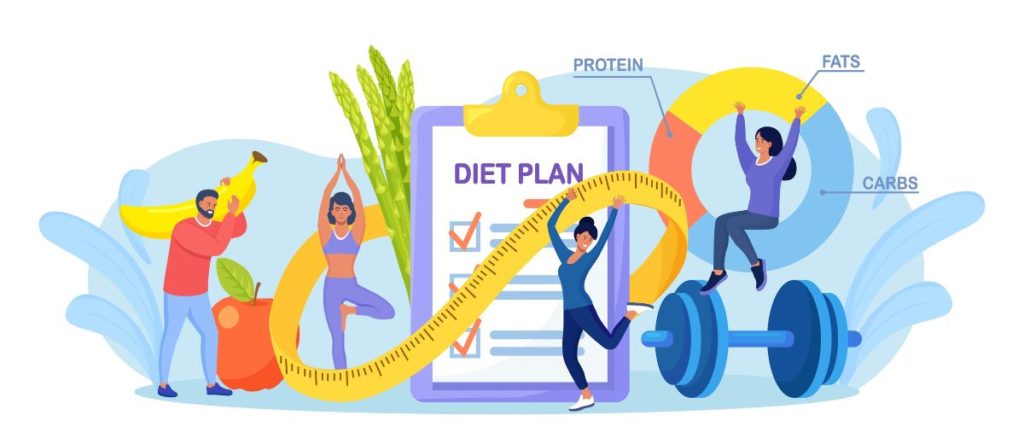
Your quality of life can significantly improve with cardiac Rehabilitation. It has a number of significant advantages, including:
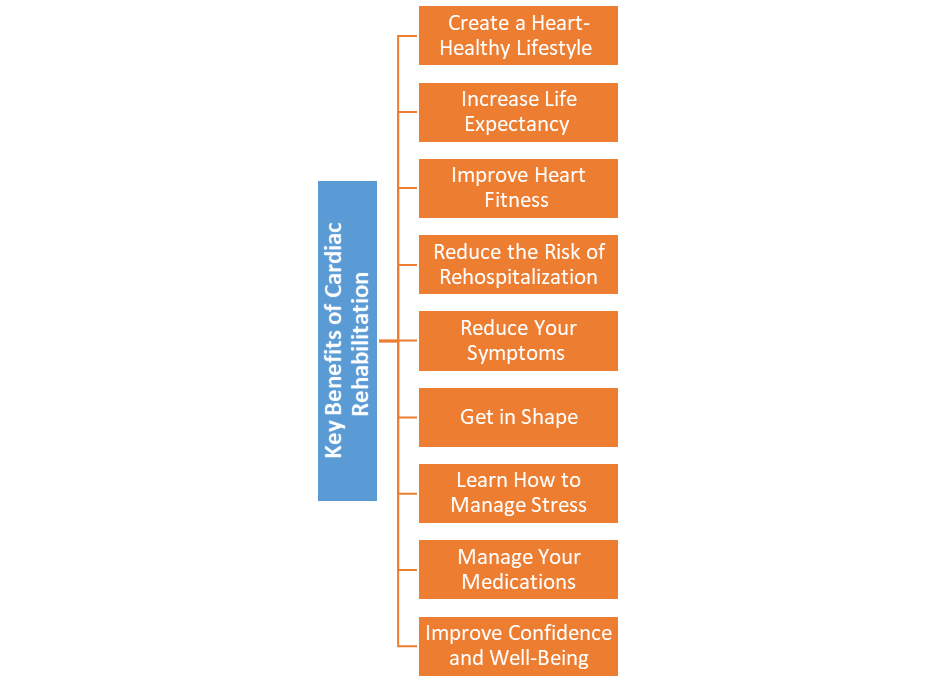
A program offered by Apollo Hospitals begins while the patient is still in the hospital and continues for several weeks to months after discharge. The four main components of cardiac Rehabilitation are:
- Medication.
- Alterations to one’s way of life.
- Mental issues.
- A gradual return to normal activities.
People who recover at Apollo’s Cardiology department have a lower risk of having a second heart attack or developing complications from the first.
Every patient who has a major cardiac event is encouraged to participate in a cardiac rehabilitation program by Apollo Hospitals. This program is also designed to help you recover from heart surgery and improve your health. Additionally, Apollo Heart Institute always recommends getting a complete body checkup regularly and committing to a healthy lifestyle that ensures your and your family’s healthy future.













